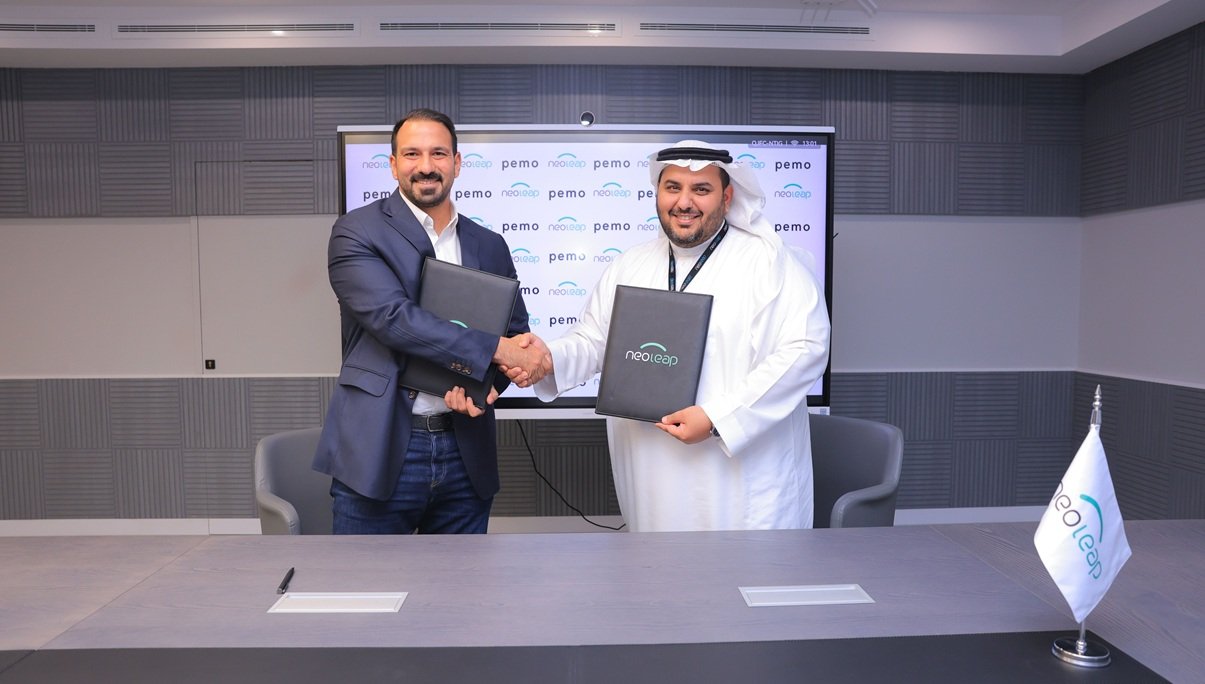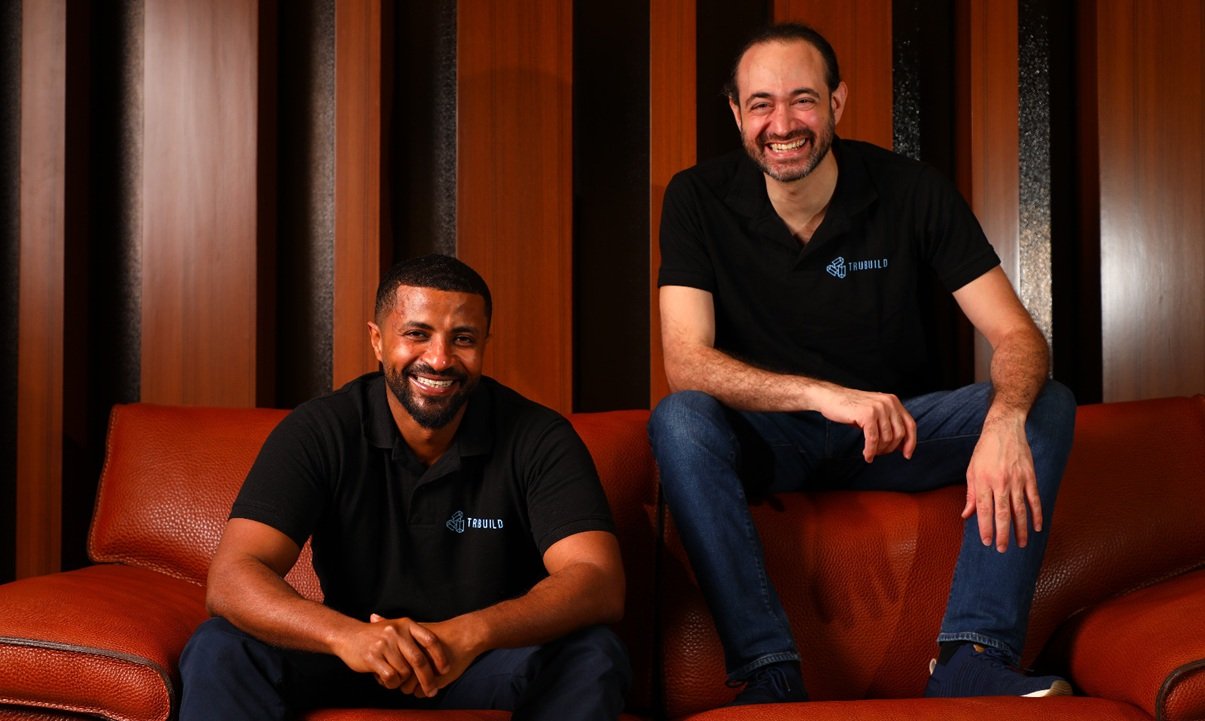PwC Middle East issued its regional findings of the 2025 Global Digital Trust Insights report, which highlights the growing importance of digital and cyber risks for organisations across the Middle East.
As GCC countries like the UAE, Saudi Arabia, and Qatar accelerate their digital transformation, they attract significant investments from global tech giants. However, this rapid adoption of new technologies brings heightened risks, prompting organisations to manage tech disruptions proactively.
The report shows that 55% of Middle Eastern companies prioritise mitigating digital and technology risks over the next year, exceeding the global average of 53%. Cyber risks remain a major concern, with 42% of regional businesses focusing on them, reflecting a continued emphasis on cybersecurity.
In the Middle East, 47% of respondents are concerned about hack-and-leak operations, compared to 38% globally. Over the past three years, 15% of regional organisations reported data breaches costing over US$100,000, underscoring the need for robust cybersecurity measures. The region however shows proactive cloud preparedness, with only 24% feeling unprepared for cloud-related threats, versus 34% globally.
Commenting on the findings, Samer Omar, Cybersecurity and Digital Trust Leader at PwC Middle East said: “Integrating cybersecurity across all business functions and establishing a robust AI framework are pivotal for enhancing regional security and fostering innovation against the backdrop of rapid digitisation we are seeing in the region.
He added: “Collaboration between business leaders, regulators, and industry peers is essential to create resilient regulations that safeguard economies, organisations, and individuals while driving technological progress in the Middle East.”
The report further reveals significant involvement of CEOs, CISOs, and boards in cybersecurity discussions. 41% of regional CEOs engage in cyber strategy talks, while 61% of CISOs participate in strategic planning, highlighting a proactive approach to integrating cybersecurity into business strategies.
With heightened cybersecurity concerns, 83% of Middle Eastern organisations plan to deploy GenAI tools for cyber defence within the next year. GenAI is prioritised for malware detection, threat response, and vulnerability management, despite challenges in integration and trust.
Cyber resilience is viewed as a strategic asset, with 73% of regional organisations seeing it as a competitive advantage. Proactive measures include establishing resilience teams and implementing cyber recovery solutions, though faster incident response remains an area for improvement.
Compliance with evolving cybersecurity regulations is crucial, with 72% of regional respondents confident in meeting data protection standards. The Middle East demonstrates strong governance, with 63% of boards effectively executing regulatory responsibilities, surpassing global averages.











